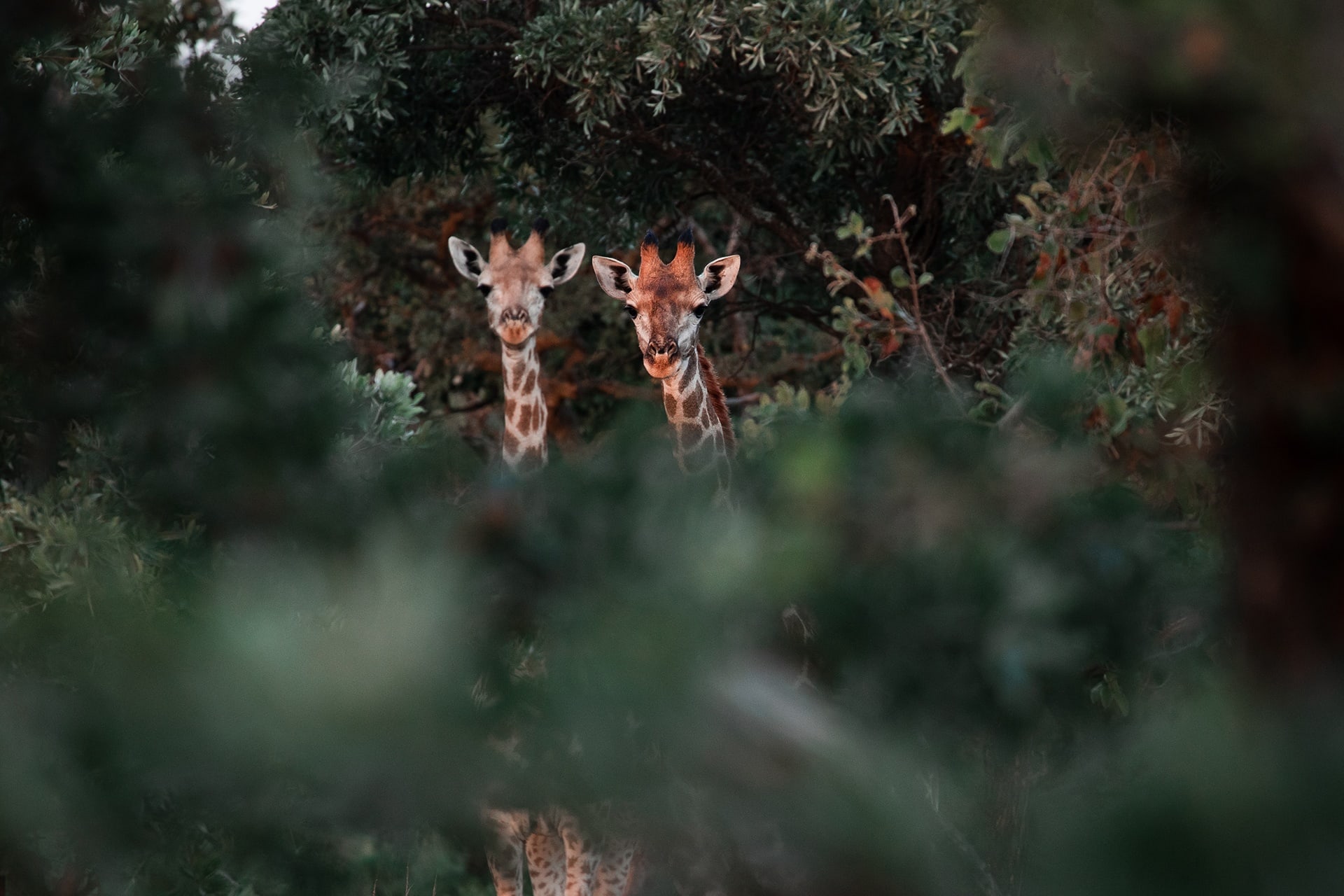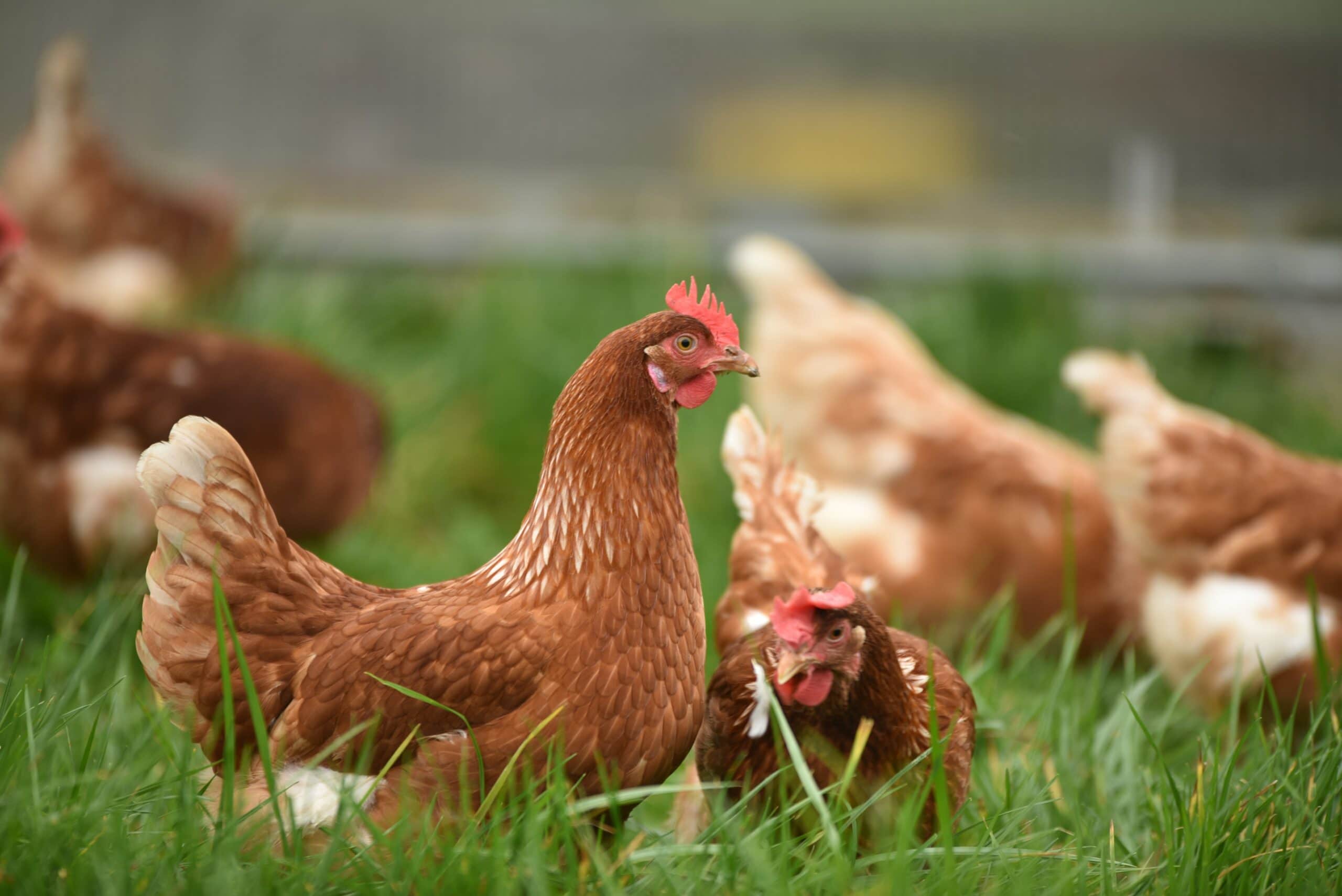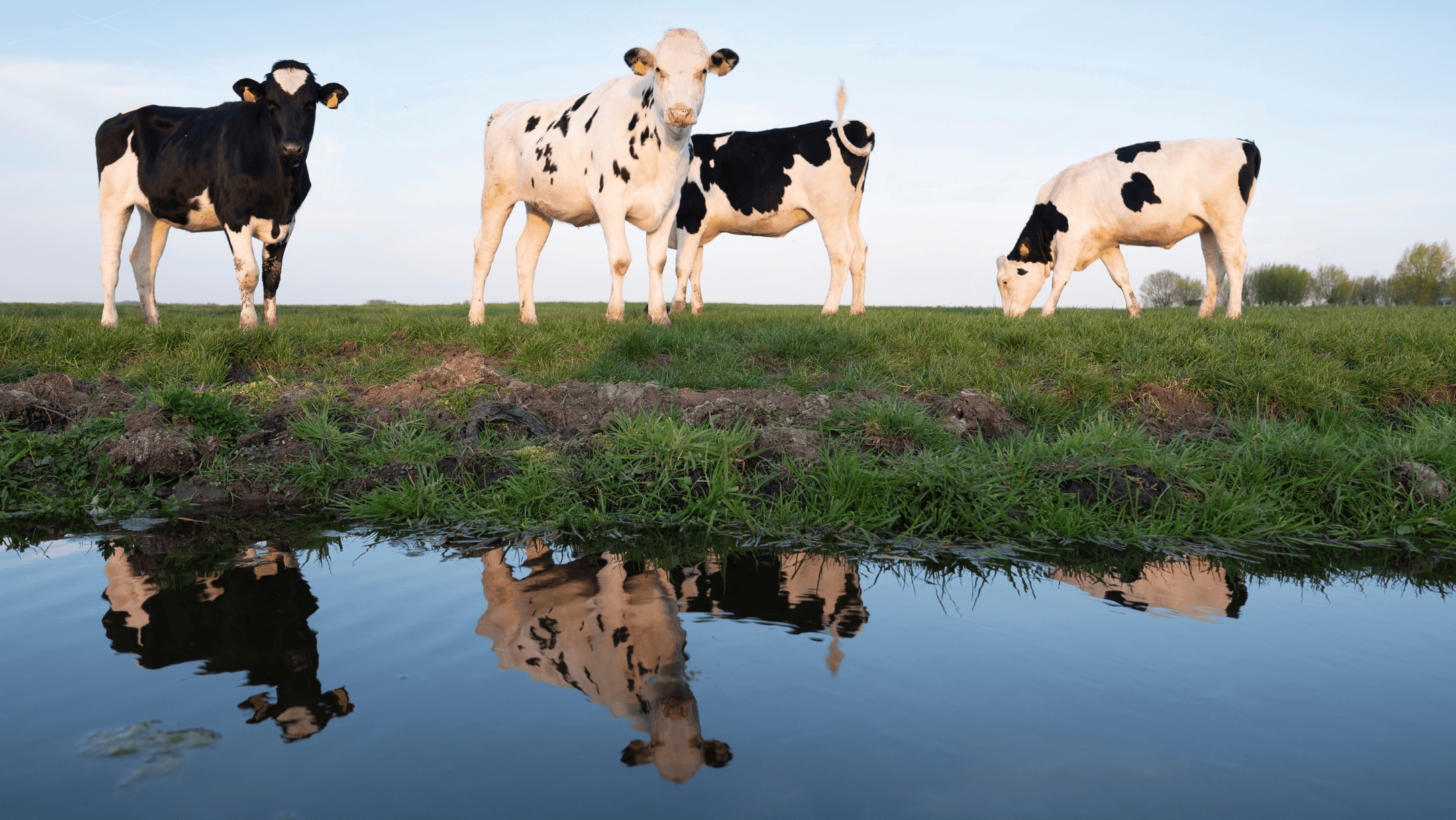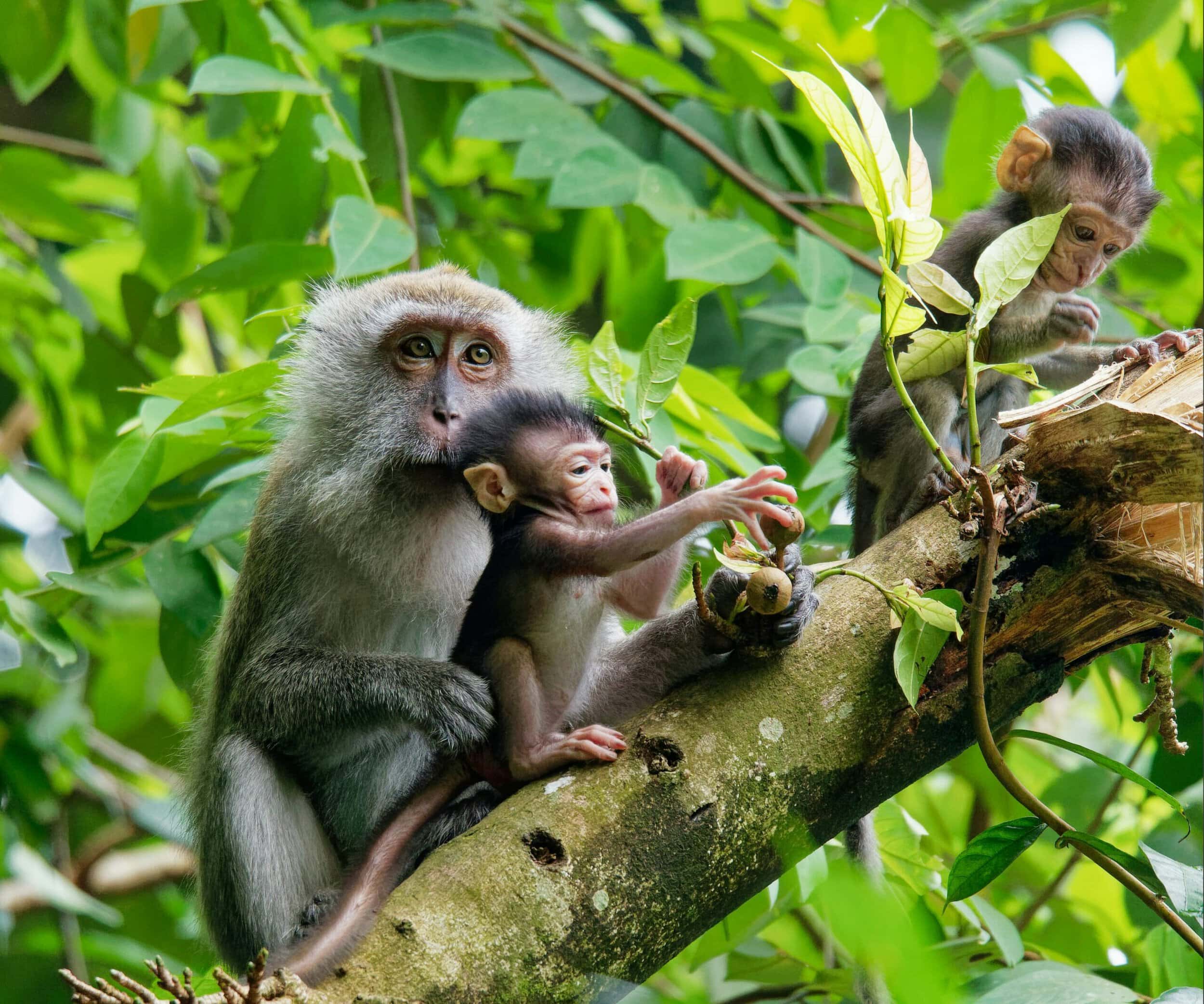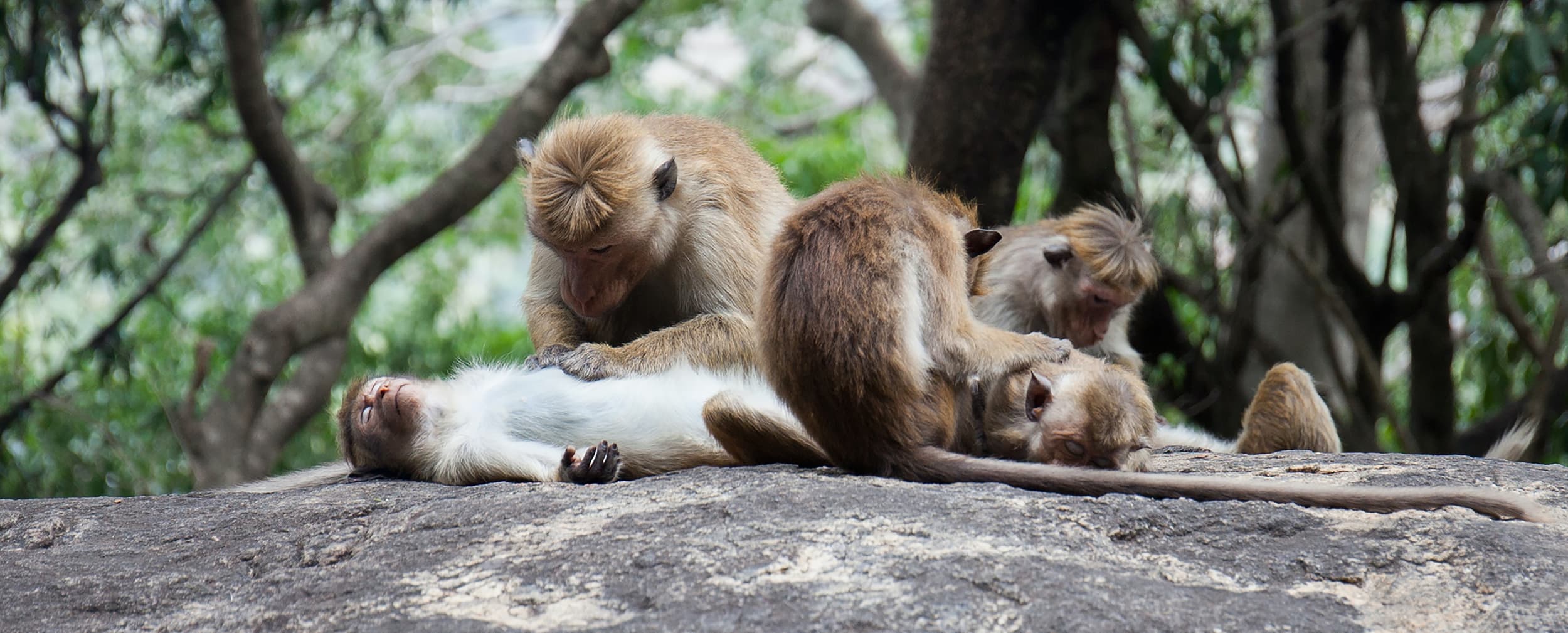At this year’s UN Environment Assembly (UNEA 5.2), several G77 countries are sponsoring a Resolution on the animal welfare, environment and sustainable development nexus.
It calls on Member States to recognise that protecting animals and their welfare is an important contribution to the global objectives of protecting the environment, reducing the risks of emerging zoonoses, improving food systems and achieving sustainable development.
It suggests, as a first step, to enhance our understanding of the nexus between animal welfare, the environment and sustainable development.
The Nexus
Several scientific authors have recognised the links between animal welfare and the United Nations Sustainable Development Goals, environmental protection and sustainable consumption and production.
Animals are part of nature, whether they live in natural (if no longer pristine) habitats or are in human captivity. You can take the animals out of nature, but you cannot take nature out of animals.
Animals are part of our environment. Ensuring human health requires a healthy environment. That includes having healthy animals in it.
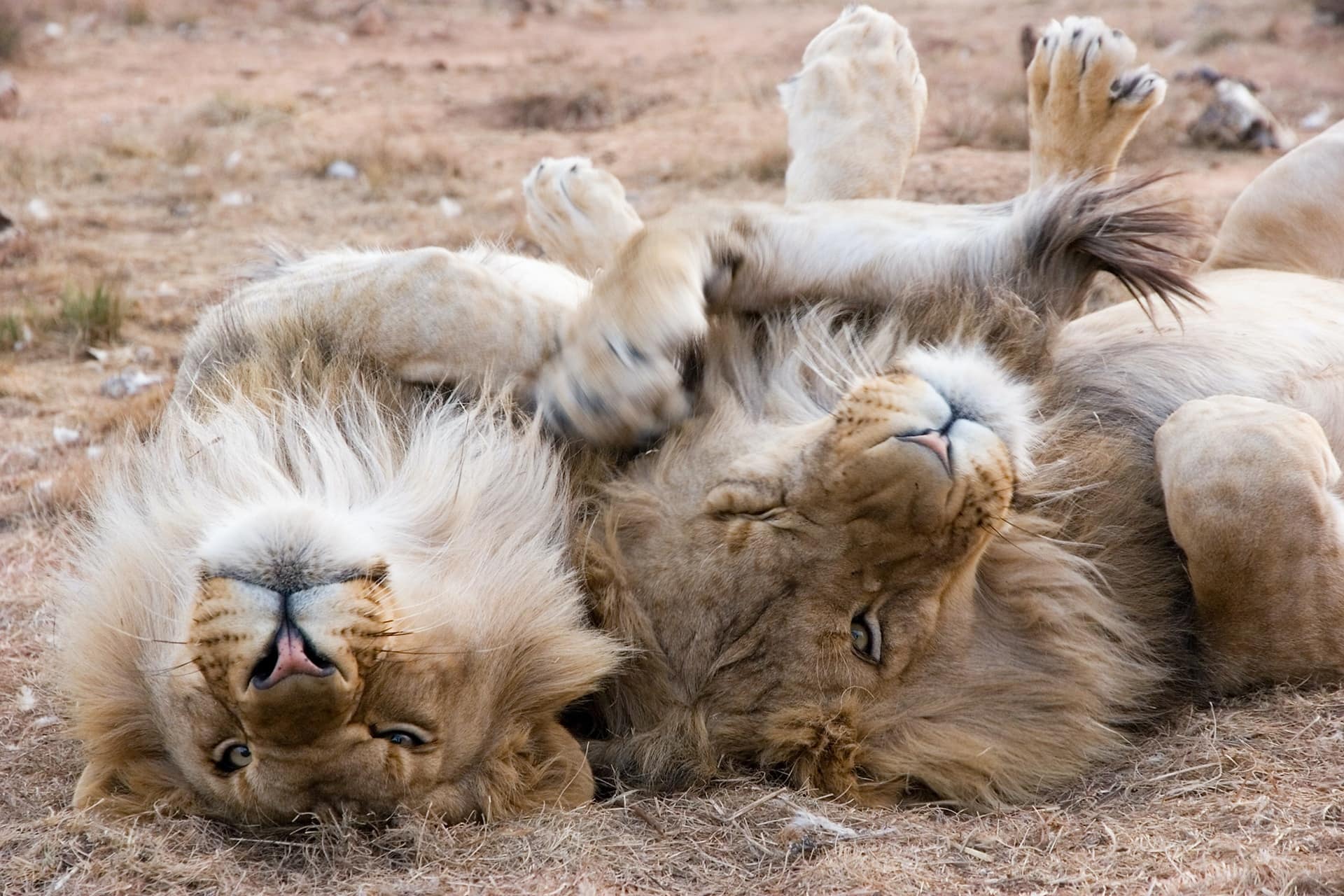
They are part of our relationship with nature. Harmony with nature includes harmonious relationships with the sentient animals that are part of it.
The 2019 Global Sustainable Development Report (GSDR) highlighted animal welfare as a key issue to be specifically addressed by the UN system. We cannot ignore it any longer.
Strengthening action for nature
Nature underpins our economies, our societies and our very existence. We need bold, transformative action underpinned by sound science and effective policy. The UN’s 2021 High Level Political Forum (HLPF) Ministerial Declaration has called for “increased ambition and urgency of action to protect wildlife and other living species” (paragraph 26).
The IPBES 2019 Global Assessment Report on Biodiversity and Ecosystem Services showed that the key causes of environmental damage over the past 50 years are directly related to how we treat animals – how we farm, harvest, transport, disrupt and destroy them.
If deliberately ignoring animal welfare is one of the key causes of harm to nature, we need to explore whether deliberately improving animal welfare can make a significant difference in protecting the environment and achieving sustainable development.
To tackle the triple environmental crises highlighted by the UNEP Medium Term Strategy 2022-2025, prevent future pandemics and to create a fairer world, we need to do everything we possibly can. We need to do more – and differently – than what we are doing already.
We need to build an understanding of how the key causes and consequences interact across our global systems. We need to explore every avenue and consider every option that can drive improvements.
We need to harness the motivation that so many people share to protect animals, in ways that reinforce and strengthen their environmental concerns.
We need to build collaborative alliances between all of us who care about protecting the world and its most vulnerable.
We need international leadership from those who can inspire transformative multi-stakeholder actions needed to target the root causes and drivers of our current crises.
The onward journey
The Resolution is sponsored by Ghana, Burkina Faso, the Democratic Republic of Congo, Ethiopia, Pakistan, Senegal, and South Sudan, and we can hope for additional support, and perhaps co-sponsoring, from countries with strong credentials on animal welfare, environmental protection and sustainable development.
The Resolution has been discussed by the UNEA Permanent Representatives. The questions from other delegations have been largely procedural, promoting cooperation and ensuring it fits within UNEP’s mandate..
The WFA is supporting the resolution. Our Africa Network for Animal Welfare – a founder member of WFA – is the champion amongst NGOs within the Africa Group, and many other WFA members and NGOs are supporting it in a truly global effort. We’ve reached out to the majority of national governments across all continents – a truly impressive undertaking.
Already this is a watershed moment. Animal welfare has never before even been discussed within the UNEA negotiating framework, outside of leadership statements.
Let us hope this is also the historic moment in which we harness an untapped force to protect people, planet and the animals that share it.
Photos: Andrew Liu, Gary Whyte and Charl Folscher
